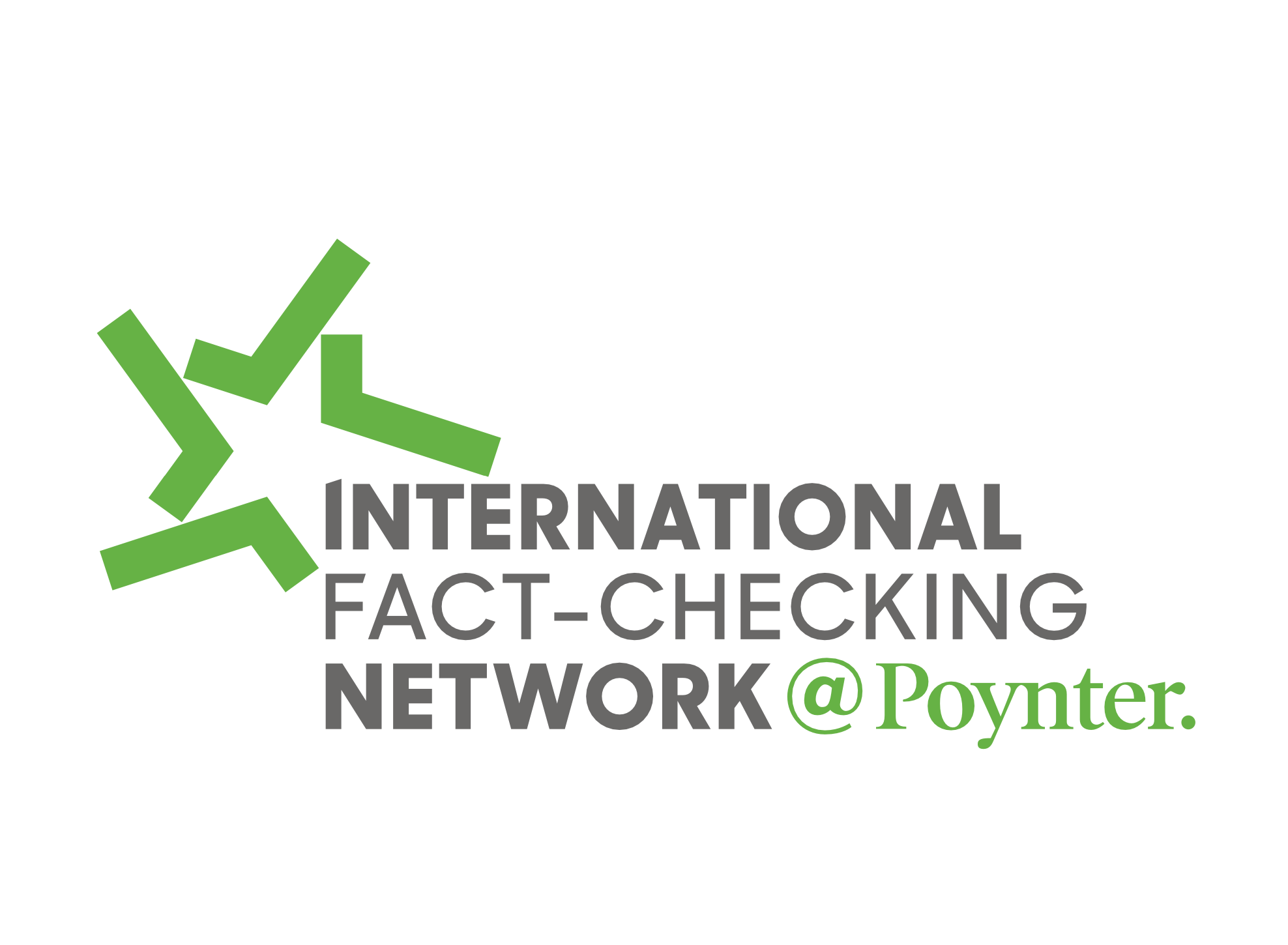News that a federal judge held a Time magazine reporter in contempt is bad news for journalists and a nation that expects a free and vigorous press. He refused to cooperate with a grand jury probing who provided the identity of a CIA agent to columnist Robert Novak. Ironically, Novak is not the journalist cited by the judge.
The problem is the overuse of anonymous sources.
Those sources provide information, but only if the informant is not revealed. It’s a practice that allows government and business officials to put forth a message without being held accountable. The reporter gets the quote or the scoop and the hidden hand helps to shape the news. Both get what they want, but not without a price.
The use of anonymous sources undermines the trustworthiness of an industry that already generates too much mistrust. One way for journalism to get a credibility boost is for reporters to shun a hand that feeds them. Starting with the Washington press corps, reporters should just say no to briefings by no-named officials.
Don’t get me wrong. Using anonymous sources sometimes is the only way to get crucial and sensitive information. Think: Watergate and the Pentagon Papers. But in Washington, the practice has become standardized, formalized and normalized. The White House often holds press conferences for top presidential appointees who refuse to be identified, except as a senior administration official. I once had a government source go off the record to tell me he had no comment.
And there are confusing ground rules in Washington that govern how not to give the public too much information about the person with the information. “On background” and “not for attribution” mean reporters may quote sources but identify them only vaguely, such as a Pentagon official. “Deep background” means reporters can use the information, but with no attribution. “For guidance” information may not be printed or broadcast, but it can be used to advance reporting. “Off the record” means the information can’t be used at all.
 So it is in Washington where the fight to kick the anonymous source habit must begin. Building on suggestions by Daniel Okrent, The New York Times public editor, and Geneva Overholser, a Poynter Online columnist, Washington news bureau chiefs and the White House Correspondents Association should tell the White House that their members will no longer attend these secretive sessions. This will only work if they all cooperate.
So it is in Washington where the fight to kick the anonymous source habit must begin. Building on suggestions by Daniel Okrent, The New York Times public editor, and Geneva Overholser, a Poynter Online columnist, Washington news bureau chiefs and the White House Correspondents Association should tell the White House that their members will no longer attend these secretive sessions. This will only work if they all cooperate. Such a strategy would not affect investigative stories where individual reporters deal with sources who really have something to say, but for good reason don’t want their names next to the information.
And news consumers need not worry about the effect of a background briefing boycott. Many of the covert source news conferences produce little news anyway.In one White House briefing transcript, I counted anonymous senior administration officials using phrases like “I’m not going to comment on it” eight times in 28 minutes.
It’s time to stop the charade.
But don’t quote me on that.
Joe Davidson was in the charter class of Ethics Fellows at Poynter, where he also has been a visiting faculty member. He is a columnist for BET.com and editor of Focus magazine in Washington, DC. A shorter version of this commentary was broadcast on National Public Radio’s “All Things Considered.”





